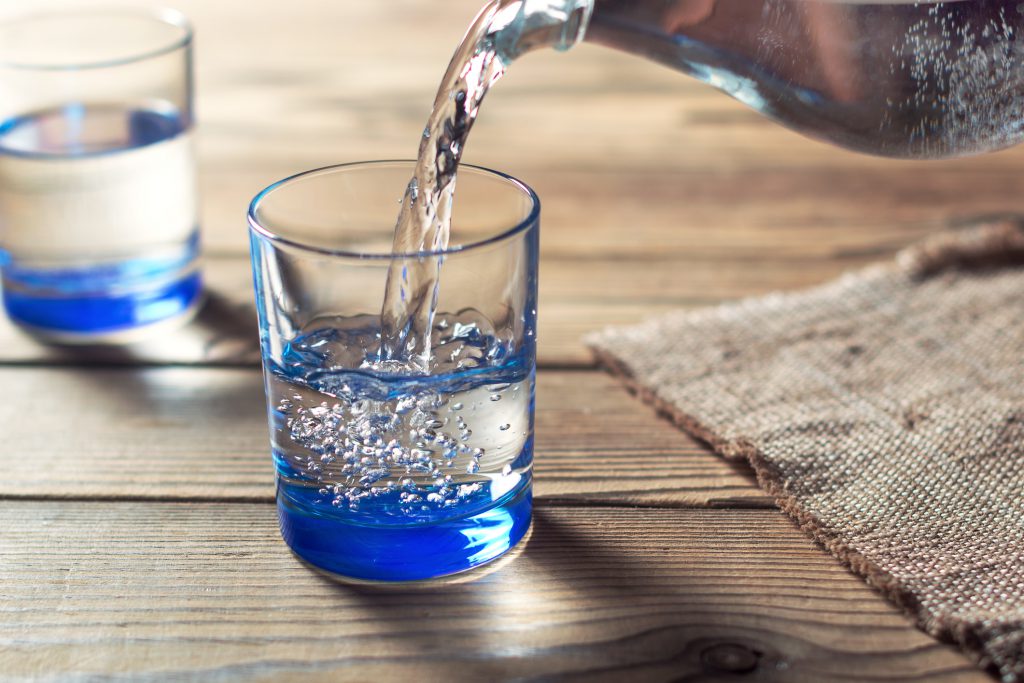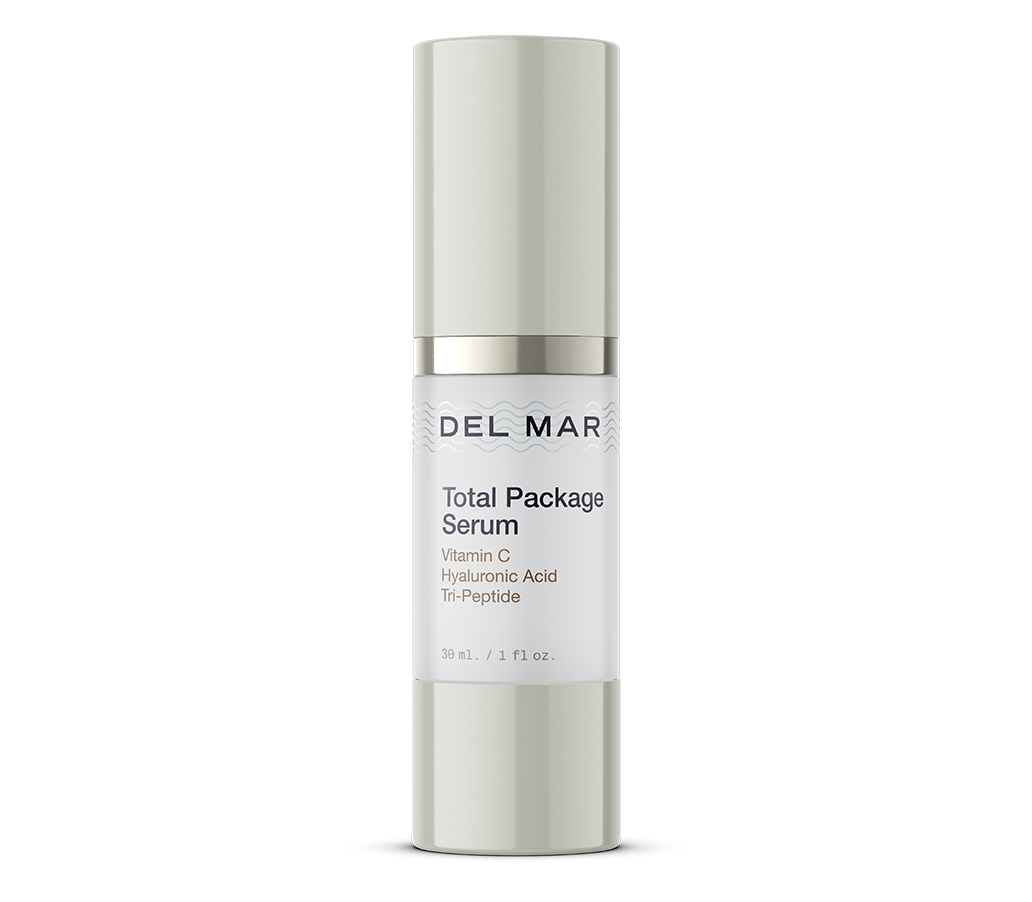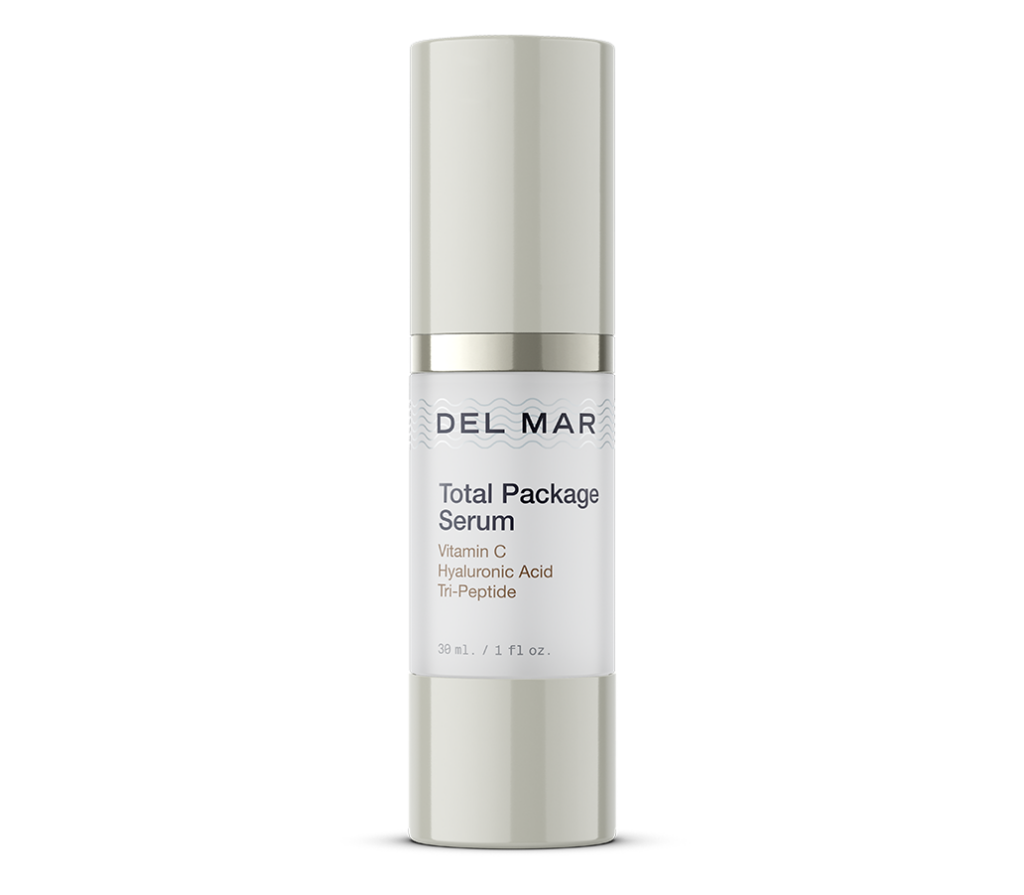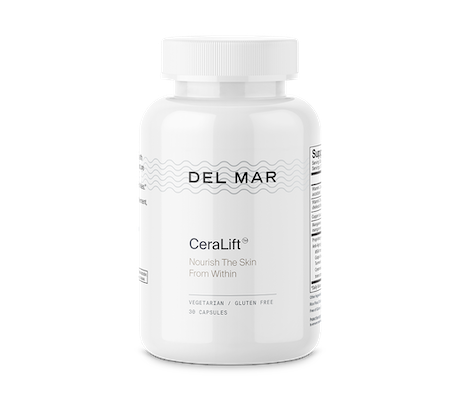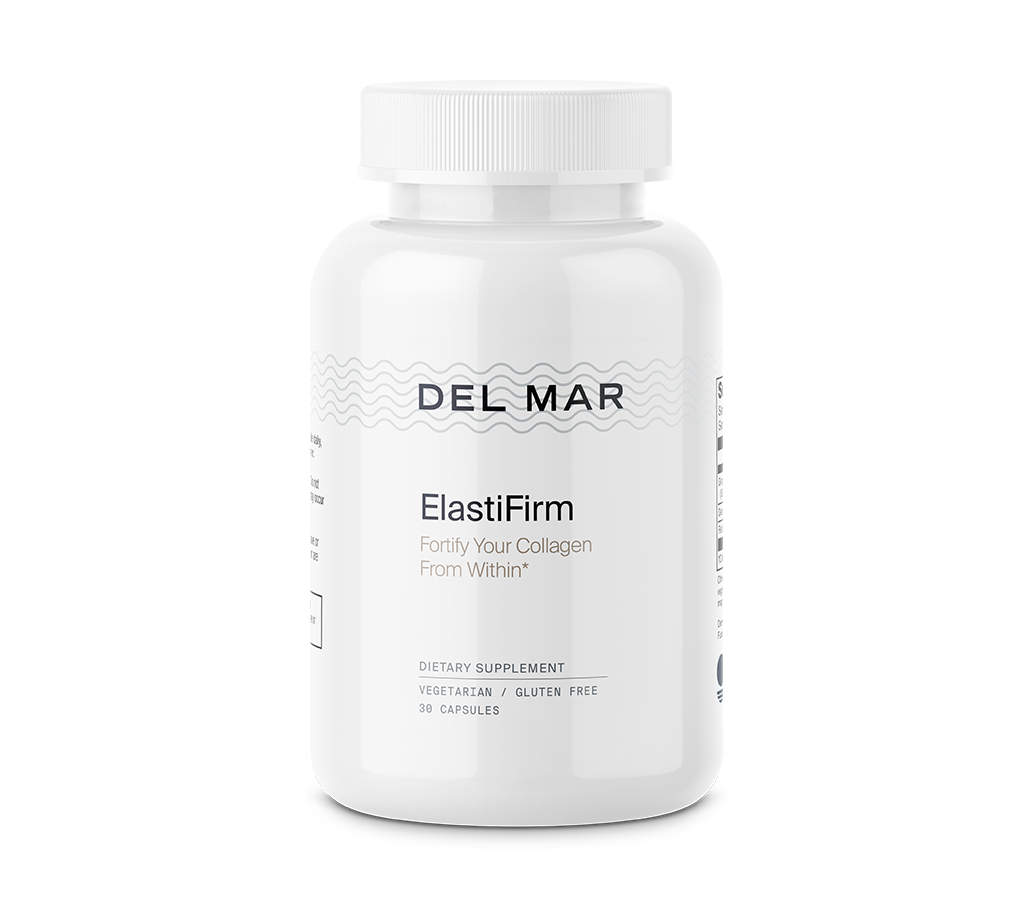We use water from the tap for everything. From showering and watering the lawn to fixing food and providing life-supporting hydration, drinking water is a no-brainer. If you live in the United States, you are fortunate in that your water is usually safe to drink. You don’t have to worry about boiling it before every use like many people do in developing nations.
This baseline safety makes is easy to assume that your tap water is safe and toxin-free – it is regulated by the government, after all. Unfortunately, research does not support this assumption.1,2
The Dangers Lurking In Your Tap Water
The Environmental Water Group conducted a three-year study to analyze the contaminants in tap water across the United States. In their findings, they reported 316 total contaminants, 200 of which are unregulated chemicals. Some of these included perchlorate (a rocket fuel component), refrigerants, and industrial solvents.
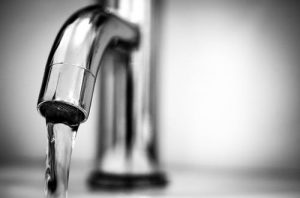
When it comes to tap water, much of it is contaminated with lead, radioactive particles, or full of toxins that are linked to endocrine disorders, fertility problems, nervous system and brain damage, cancer, and even birth and developmental defects.2
Unfortunately, the government does not do what consumers would expect to protect them from contaminants. Even with thousands of new chemicals introduced each year, the Environmental Protection Agency (EPA) has not added a new contaminant to the list of those regulated in drinking water in over 20 years.2,3
Turning to bottled water is not much better. It is expensive and packaged in plastic that is full of countless questionable chemicals itself. Plus, it is not well regulated either, so the same chemicals that plague tap water may turn up in bottled water, as well. According to the National Resource Defense Council, 25% of bottled water is simply tap water, packaged in plastic and sold for a profit.4
How to Provide Your Family with Safe Drinking Water
Your best option? Use a water filter at home. Ideally, install an in-home water filtration system to filter all of the water that comes into your home. This can protect you from toxins in the water you bathe in, drink, and use for cooking.
In-home water filtration systems are expensive, leaving the best option for most of us to use a water filter for the water that we drink. When it comes to bang-for-your-buck, a simple water filter is your best option. This can be anything from a pitcher to a faucet-mount filter.

The best types of filters to remove chemicals include activated carbon filters, ceramic filters, ion exchange filters, and reverse osmosis filters. While some of these filters can be a bit of an investment upfront, they tend to last many years. Keep that in mind when choosing the best water filter for you and your loved ones.
Closing Thoughts
Many of us assume that the water that comes out of our faucets is safe and toxin-free. However, news stories and water testing reveal a much darker side to our public water supply. Your best option is to filter your water with an in-home water filtration system. If that isn’t in your budget, try a simple water filter to purify the water that you drink on a daily basis.
